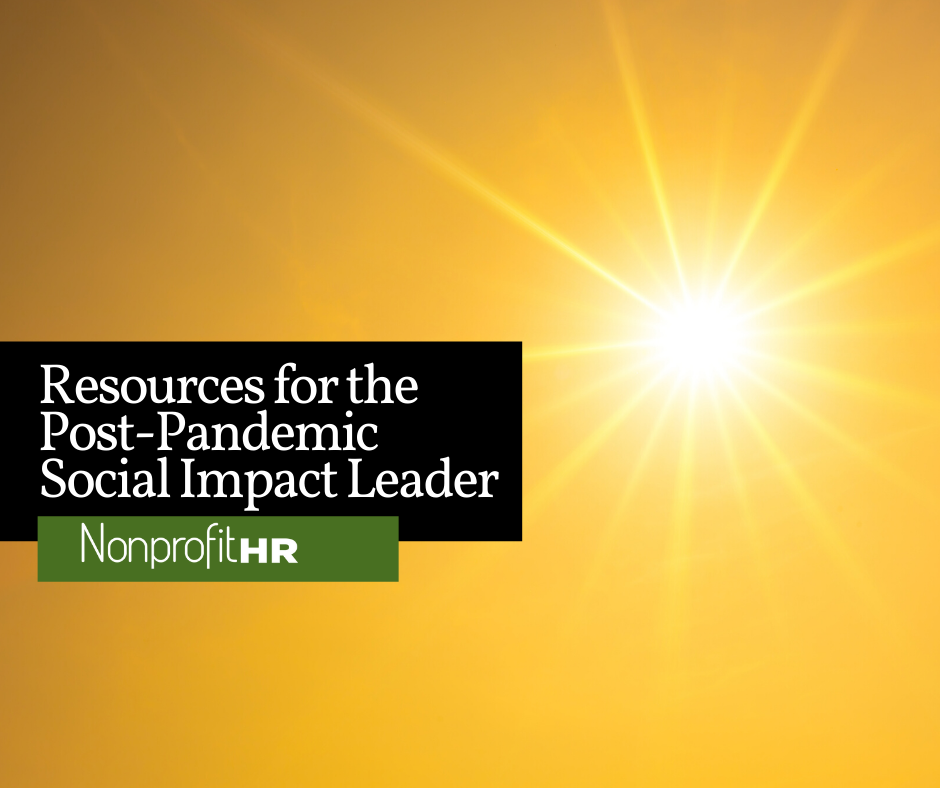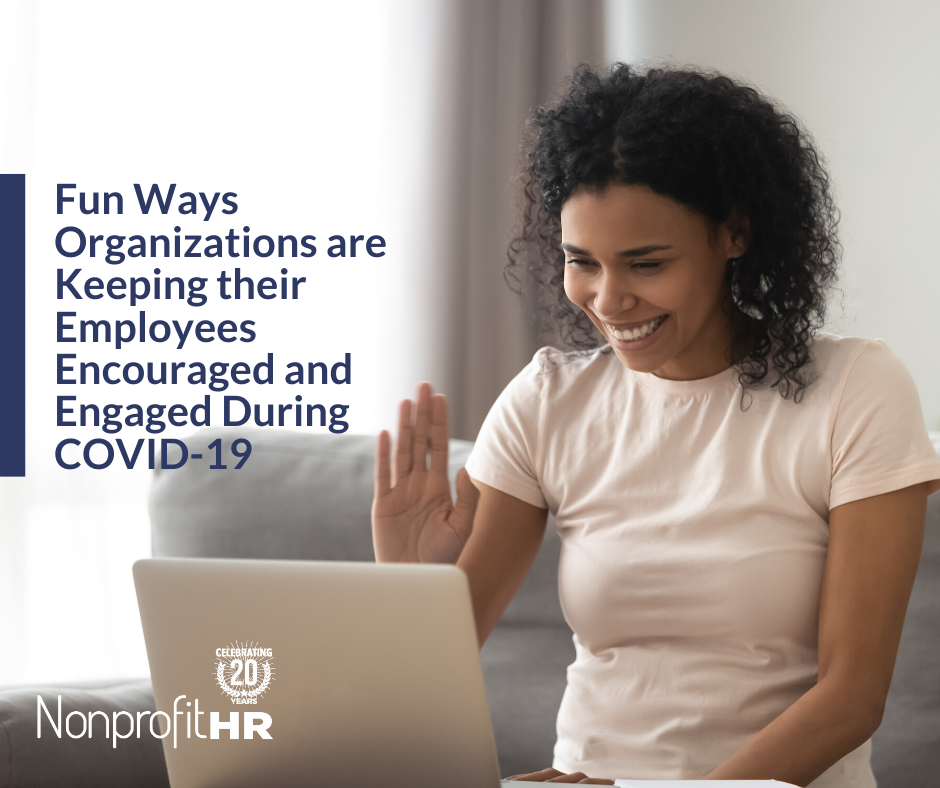WTOP: 5 ways nonprofits can…
By Leslie Walbridge
Navigating a job hunt is difficult regardless of your circumstances, but what if you are a convicted felon? What if you are a convicted murderer? In her book, Among Murderers: Life After Prison, Sabine Heinlein dedicates an entire chapter to the reality of looking for work while on parole. In the chapter entitled “Job Readiness,” Heinlein specifically focuses on a man named Angel, who has been released early from a life sentence for his good behavior in prison. Through Angel’s and Heinlein’s eyes, the reader gets a firsthand account of the job readiness programs offered by WeCARE and the Fortune Society, both of which Angel attends as he gets training in job skills and applies for jobs.
One of the features of these programs is training in how to fill out job applications and how to interview well. In both of these instances, it is crucial for the students of these programs to learn how to appropriately answer the question, “have you ever been convicted of a crime?” For all of them, the short answer is “yes,” but it is how they elaborate on their answer that can mean the difference between getting hired and not.
On the application, Angel notes, “You put down the penal code of the crime—125.5 for murder, for example…Don’t put the crime itself. Write: ‘Will explain further at interview.’” The idea behind this strategy is that it will pique the employer’s interest rather than scaring them away before you even get in the door. Further, I would add, “125.5” is a lot less scary sounding than “murder,” even if it means the same thing. Then, in the interview “You calm that person down. In other words, I went to jail, and it’s not a big deal. You shouldn’t be afraid of me.” Angel suggests that you would want to evade telling the full details of the crime without being dishonest. His answer goes like this, “‘Well, when I was eighteen years old, I got involved with some bad people. Somebody died; I was convicted of murder, and I was given life.’” This gives him the opportunity to emphasize that he was given a life sentence, but was released on good behavior. From there, he is able to focus on discussing the skills he can bring to the job instead of his criminal record.
The perspective of ex-convicts is one that is often unheard. Personally, I am grateful that I do not have the additional pressure of a past conviction to consider when I am applying for jobs. Angel’s story exposes the human side of that pesky checkbox on most job application forms. I wonder how his life would be different if that box weren’t there.





























